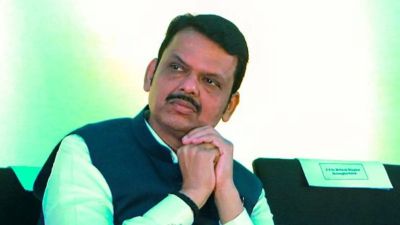Money and Maya
The probe into the disproportionate assets case against BSP chief Mayawati has led investigators to a scandal. Not many will be surprised by...

The probe into the disproportionate assets case against BSP chief Mayawati has led investigators to a scandal. Not many will be surprised by that. Even so, Mayawati8217;s modus operandi is breathtaking. As this paper has revealed, CBI and income tax officials have followed the trail to a small army of sweepers, hawkers and rickshawpullers who were lured with petty bribes into becoming 8216;8216;donors8217;8217;; their 8216;8216;donations8217;8217; then filled the teeming bank accounts operated by Mayawati and family. Even a people wholly desensitised to corrupt politicians and political unruliness cannot remain untouched by the scale of personal corruption 8212; Rs 13.18 crore in 54 bank accounts, as many as 72 immovable assets 8212; and the crude cynicism of the methods employed by the messiah of the downtrodden. For the BSP chief, the poor were only pawns.
Long after the exclamations are over, though, the unease must persist. It is true that the Mayawati affair is especially dramatic. But her attempts to cover up financial improprieties by passing them off as political 8216;8216;donations8217;8217; touch an older raw nerve in our system, particularly the system of political financing. Here, the lack of transparency and regulation go on, regardless of the high-profile scandals, be it the hawala case in 1996 or the Tehelka expose more recently. For the ordinary citizen, or even the avid political tracker, party and election financing mostly remains an area of darkness. In the absence of a strong legislative framework, the Election Commission8217;s efforts to curb expenditures have merely pushed most expenditures underground. In the absence of strict disclosure norms, parties are not inclined to receive contributions openly. Contributions by cheque remain the exception; the bulk of funding is undisclosed. In the absence of a more transparent background economy, the sporadic efforts over the years to make political financing more transparent look feeble and unrealistic. For instance, the Election and other Related Laws Amendment Bill, 2003, passed by the NDA government sought to make political donations more legitimate and open by giving tax exemptions to corporates wanting to make such donations. But corporate funding is only a small portion of the total volume of political finance. The law cannot monitor the money that flows into party coffers from entities and sectors that are not in the tax net.
The case against Mayawati must be taken to its quick and just conclusion. But after it is all over, we must remain alert to the fact that the fuzziness that surrounds political 8216;8216;donations8217;8217; will continue to give other politicians inappropriate ideas. Mayawati8217;s case must lead us on to a larger reform.
- 01
- 02
- 03
- 04
- 05






























